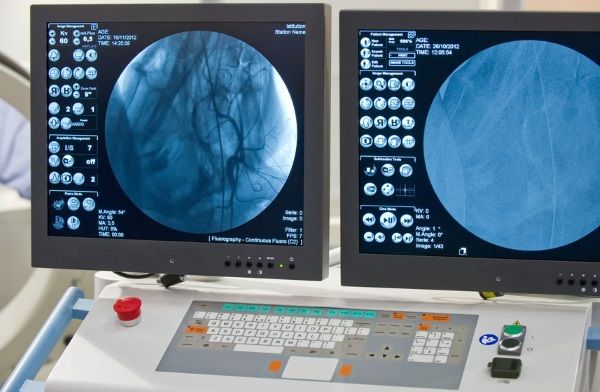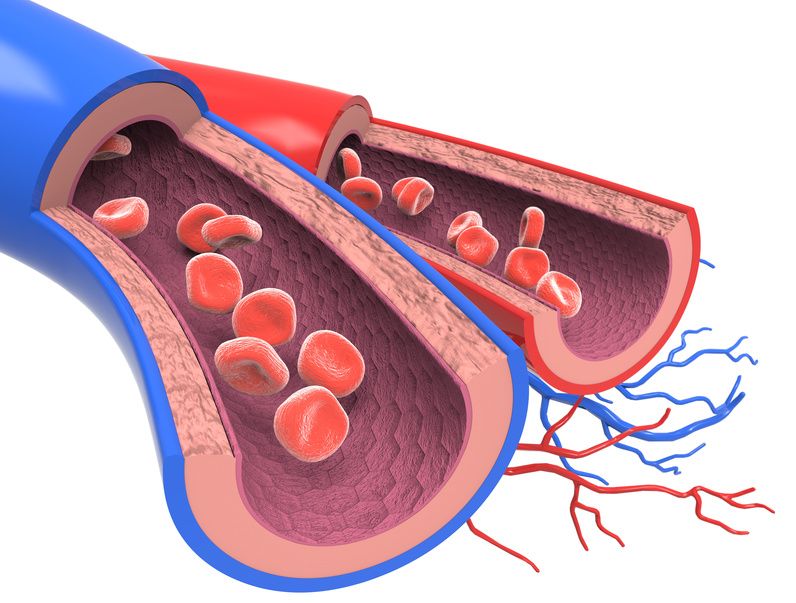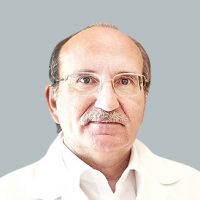In the search for specialists in angiology you will find medical experts for treatment in the speciality of angiology. You have arterial occlusive disease, thrombosis, post-thrombotic syndrome, varicose veins, poor circulation, oedema or another vascular disease and need an experienced angiologist? Here you will find selected angiology specialists.
Angiology gets its name from the Greek word ‘angeīon’, meaning vessel, and is a medical specialism that studies illness and disease associated with the circulatory system and the lymphatic system. These two complementary systems transport blood and liquids through the body via a complex network of arteries, veins and lymphatic vases (channels). While the vascular (circulatory) system carries life-giving blood, the life-preserving lymphatic system rids the body of toxins and helps to fight off infections.
Though angiology is a common medical term, this field is just as frequently described as vascular medicine. In many respects, the two descriptions are virtually synonymous, with minor differences of emphasis rather than detail.

Angiography © Alterfalter / Fotolia
Many of the conditions that the field of angiology addresses can be treated without recourse to surgical procedures, radiology or similar invasive interventions. As a result, doctors and surgeons often take on a more preventative role, and are thus keen to coach and advise patients on the benefits of making healthy lifestyle choices, such as maintaining a healthy diet and taking plenty of regular exercise. When combined with well-targeted medication, this approach can make a real contribution to a patient’s quality of life by helping to minimise any future risk of a stroke or heart attack.
When surgery does become an appropriate response, procedures such as endovascular surgery can sometimes offer less invasive treatments. For example, both vascular surgical teams and interventional radiology units regularly perform angioplasty procedures to rectify issues such as blocked or narrowing arteries by widening these structures to restore, and then secure, an optimum blood flow through these important channels.
Endovascular surgery offers some particular advantages when compared with traditional open surgery techniques:
- more rapid recovery from both hospital and outpatient treatments
- reduced levels of pain
- far less surgical scarring
- lower risk of mortality
Nevertheless, there are limits to what endovascular techniques can achieve with more robust and extensive diseases, so any options should always be talked through with your doctor before making a final decision.
Specialist physicians and surgeons treat a wide variety of conditions in the field of angiology including:
- carotid artery disease, in which plaque (a waxy substance) accumulates within the carotid arteries, which supply blood to the neck and head, leading to the risk of a stroke
- an aneurysm, which can cause a blood vessel to bulge, perhaps leading to rupture and death
- critical limb ischemia – severe blockage in a lower limb artery, which creates a major reduction in blood flow and may require limb amputation
- venous disease, which causes abnormal or diseased veins (e.g. varicose veins)
- lymphoedema, which is a swelling caused by a build-up of fluid in body tissue
Diabetes often has adverse implications for vascular health. For example, peripheral arterial disease may cause foot problems requiring the attention of vascular surgeons.
Renal vascular disease, a condition that affects circulation in the arteries and veins associated with the kidneys, is also within the remit of angiology. Complications, which may require treatment, include renal artery aneurysms and thrombosis – a renal artery blood clot that could cause kidney failure.
Though angiology is a broad and varied medical discipline, most operations must still be carefully tailored to the needs of the individual. Some vascular specialists focus their experience on paediatric treatments and vascular malformations, while others apply their expertise in trauma centres.
All vascular surgeons collaborate closely with other specialist medical disciplines, for example to ensure effective control of vascular bleeding. They also work in close partnership with vascular interventional radiologists, often electing to perform joint procedures. Likewise, cardiac and vascular surgeons regularly share their interdisciplinary expertise, especially as regards complex aneurysms, and it is common for vascular surgeons and cardiologists to consult together when assessing patients with cardiovascular disease.

© Giovanni Cancemi / Fotoloa
Some common procedures that angiology can offer include:
- aortic aneurysm repair, via open and endovascular techniques
- carotid artery procedures to remove accumulated plaque and prevent a stroke
- revascularisation of lower limbs to restore blood flow to the legs and feet and reverse the effects of peripheral vascular disease
- limb amputation as a final response when more conservative treatment options have failed
- varicose vein treatment, using minimally invasive procedures wherever possible
Surgical interventions for varicose veins have been transformed in recent times, thanks to the emergence of endovenous vein treatment – a minimally invasive procedure that allows veins to be repaired without the need for extensive incisions in the leg. Using ultrasound imaging, the surgeon is able to view a damaged vein underneath the skin. Very small incisions are created to allow micro-surgical instruments to pass through into the vein. A repair is then performed under local rather than general anaesthetic. This was once a much less sophisticated operation, which involved stripping the damaged veins from the leg, inevitably leading to greater post-operative discomfort and considerably longer recovery times.
Angiologists possess knowledge of diagnostic procedures as well as disease-related pre-and post-diagnostic treatments. To become a specialist in internal medicine and angiology, a physician must complete several years of postgraduate training.
The therapeutic range of angiology comprises, in essence, varicose vein sclerotherapy, venous compression, medical treatment and additional vascular surgical procedures.















